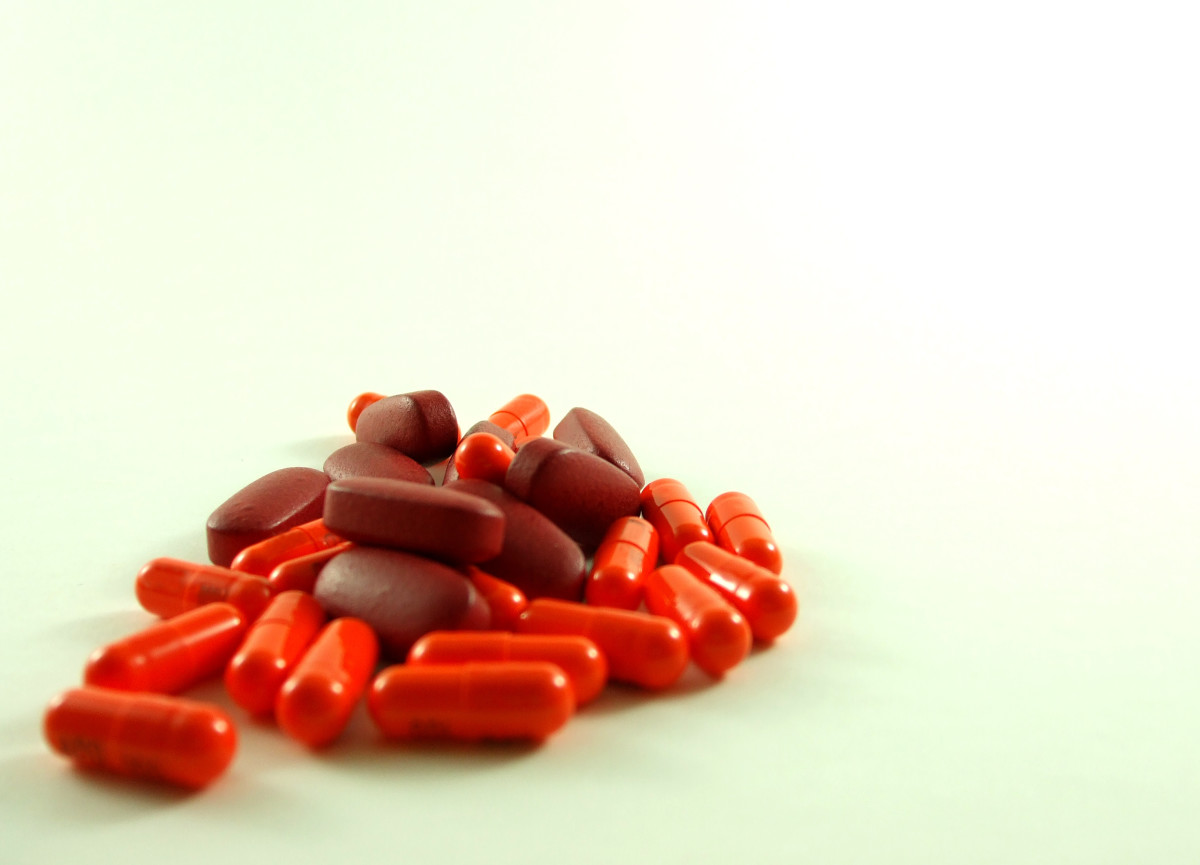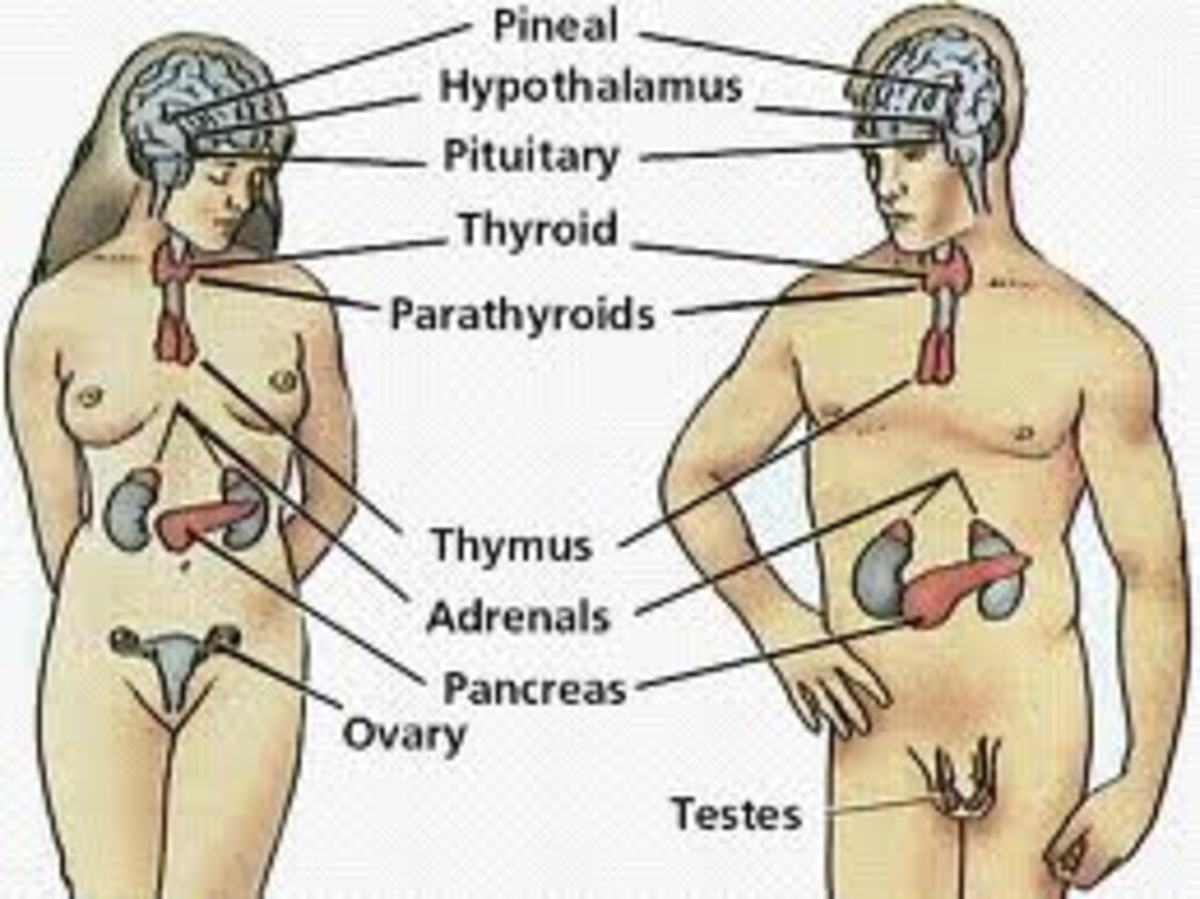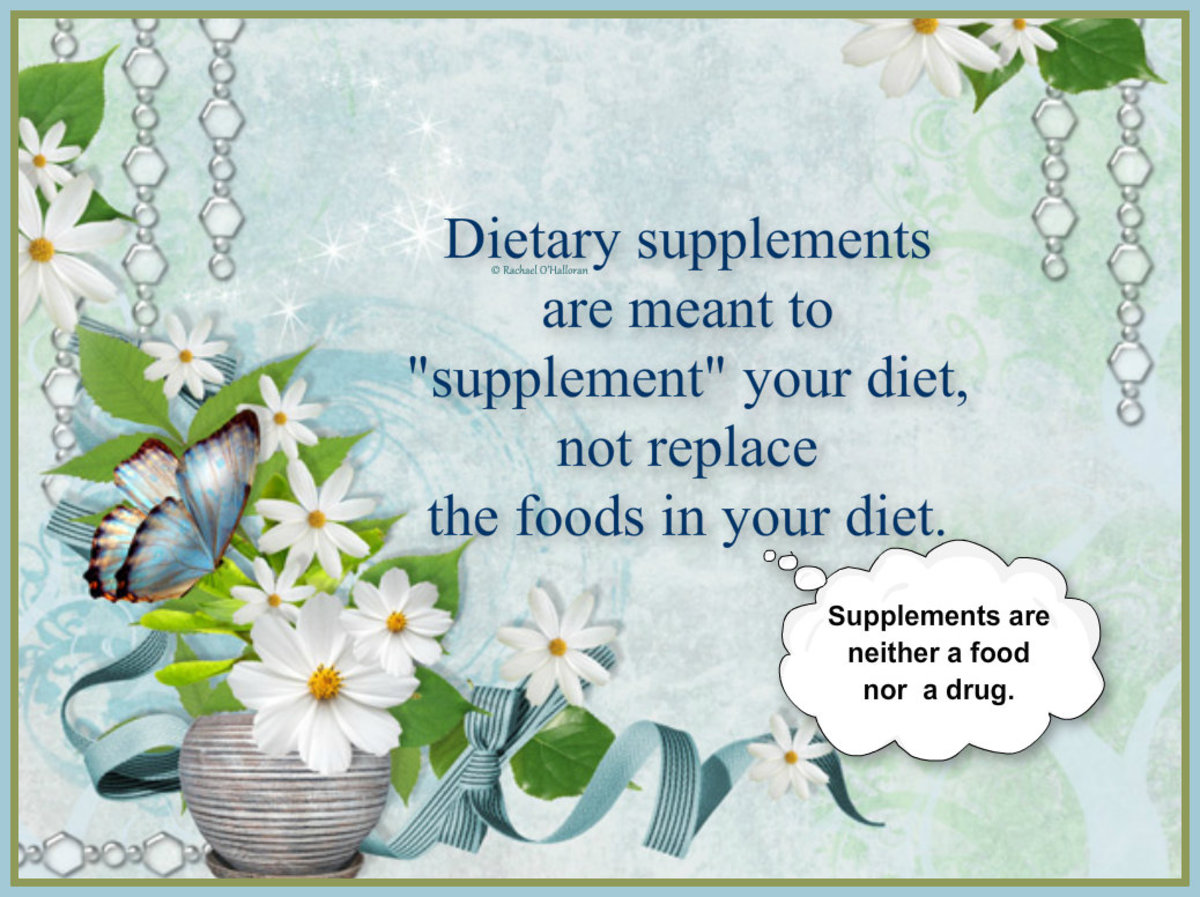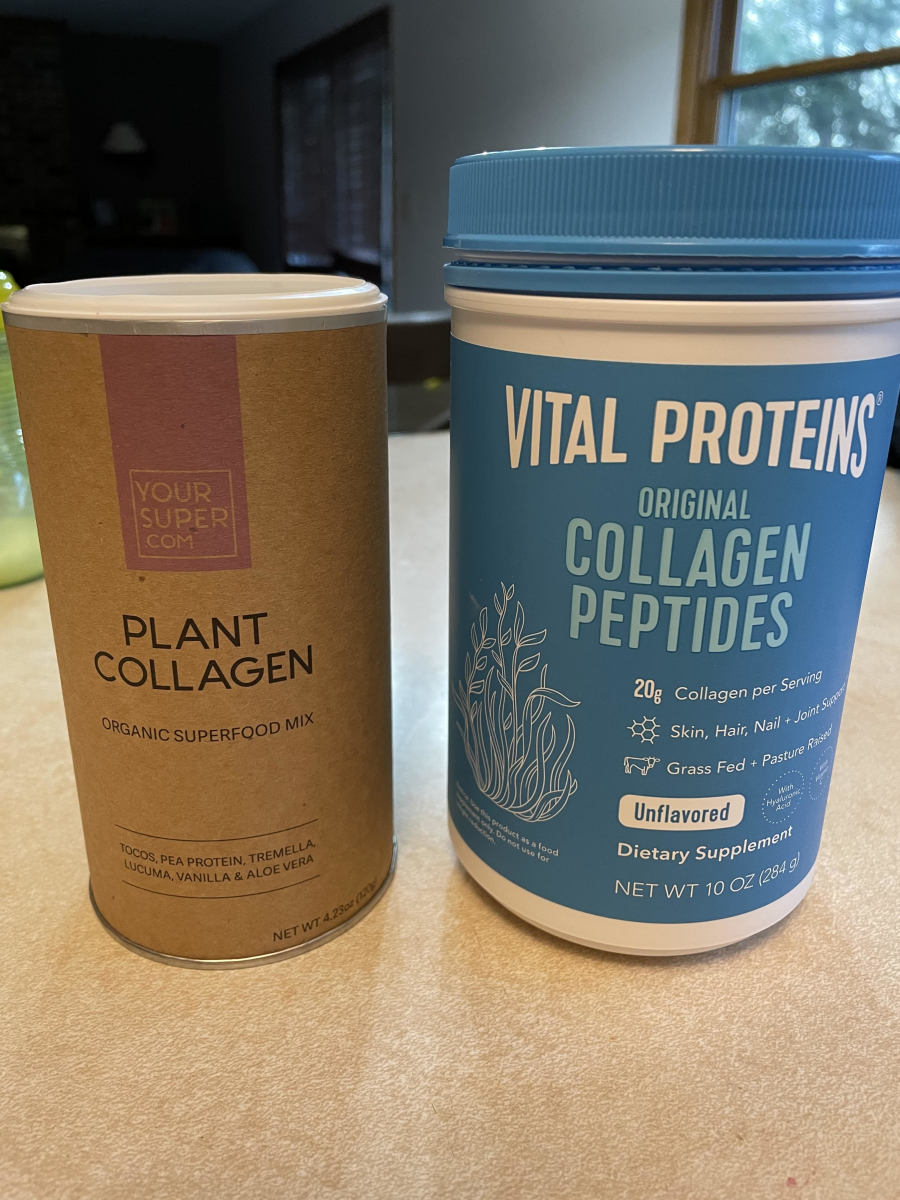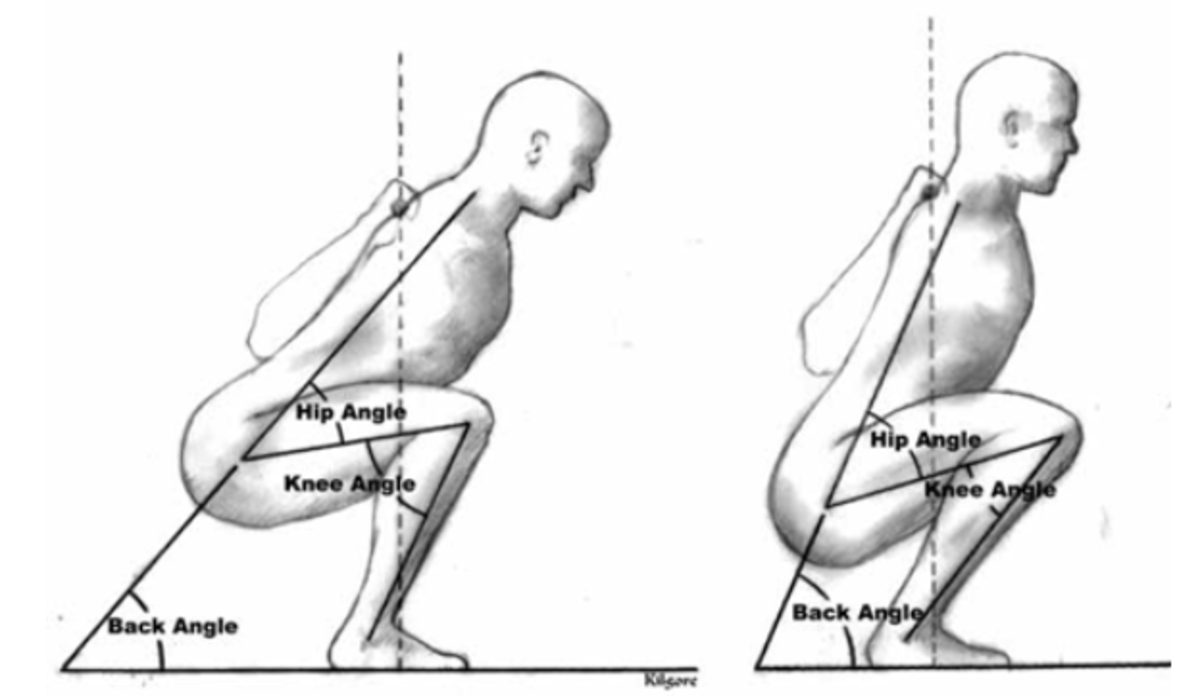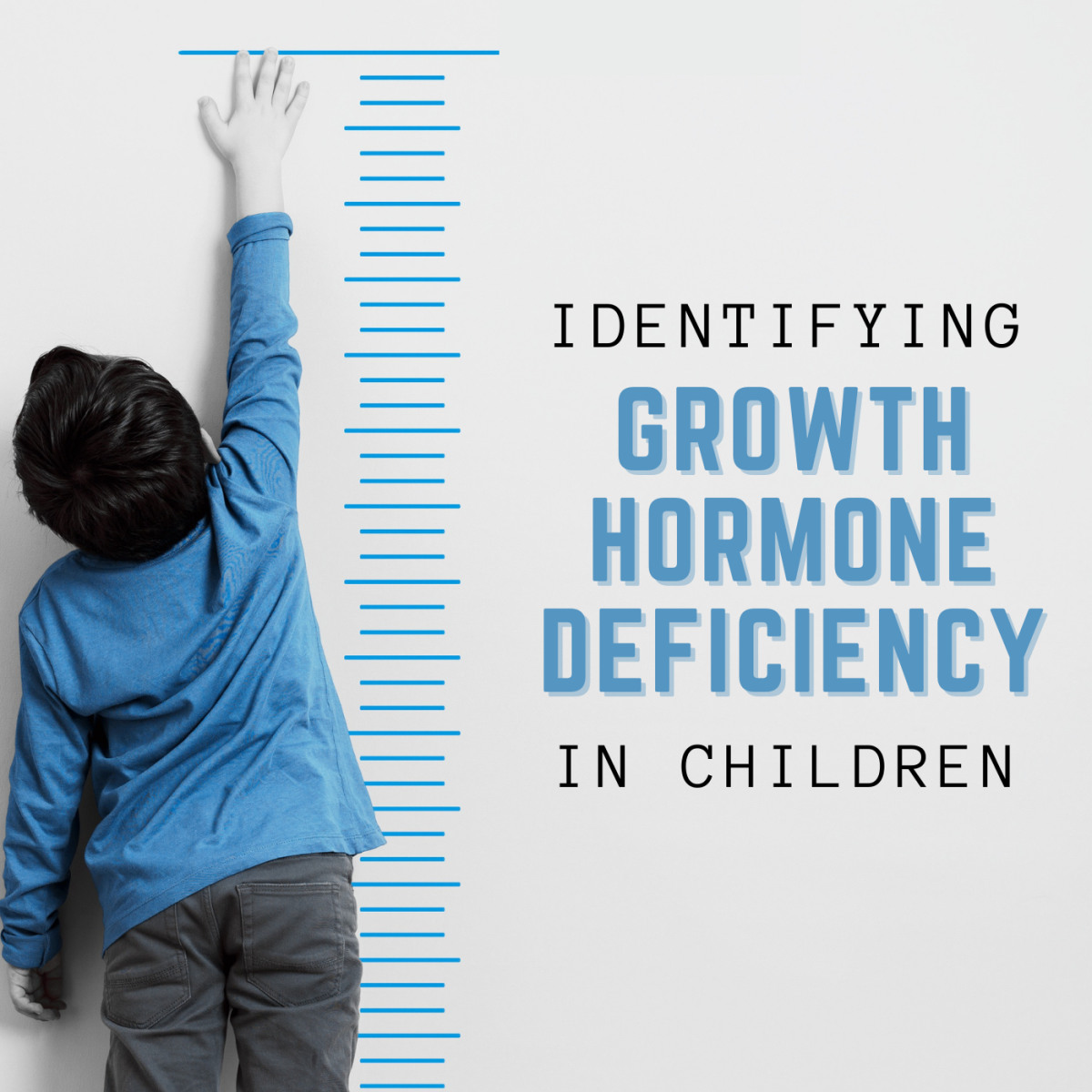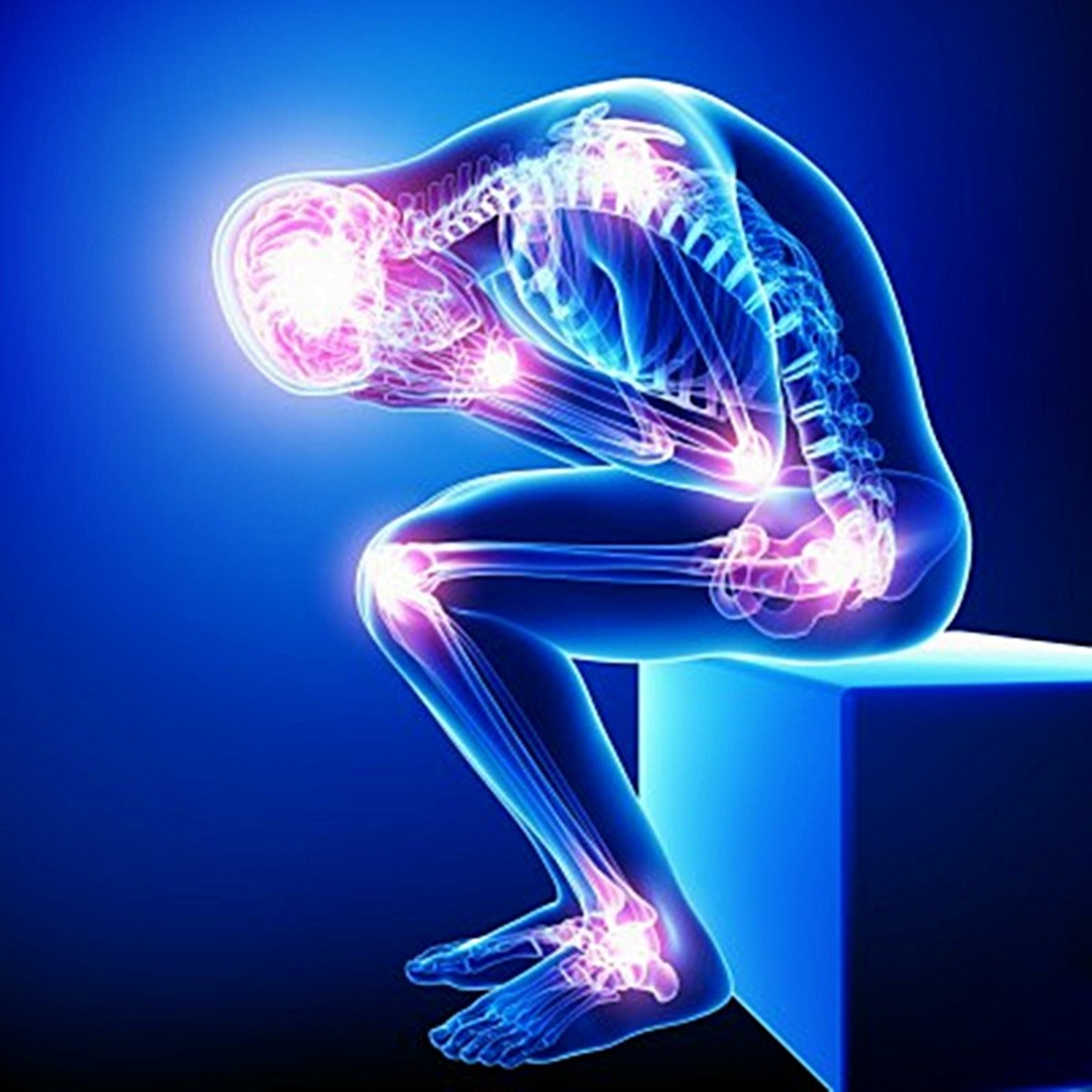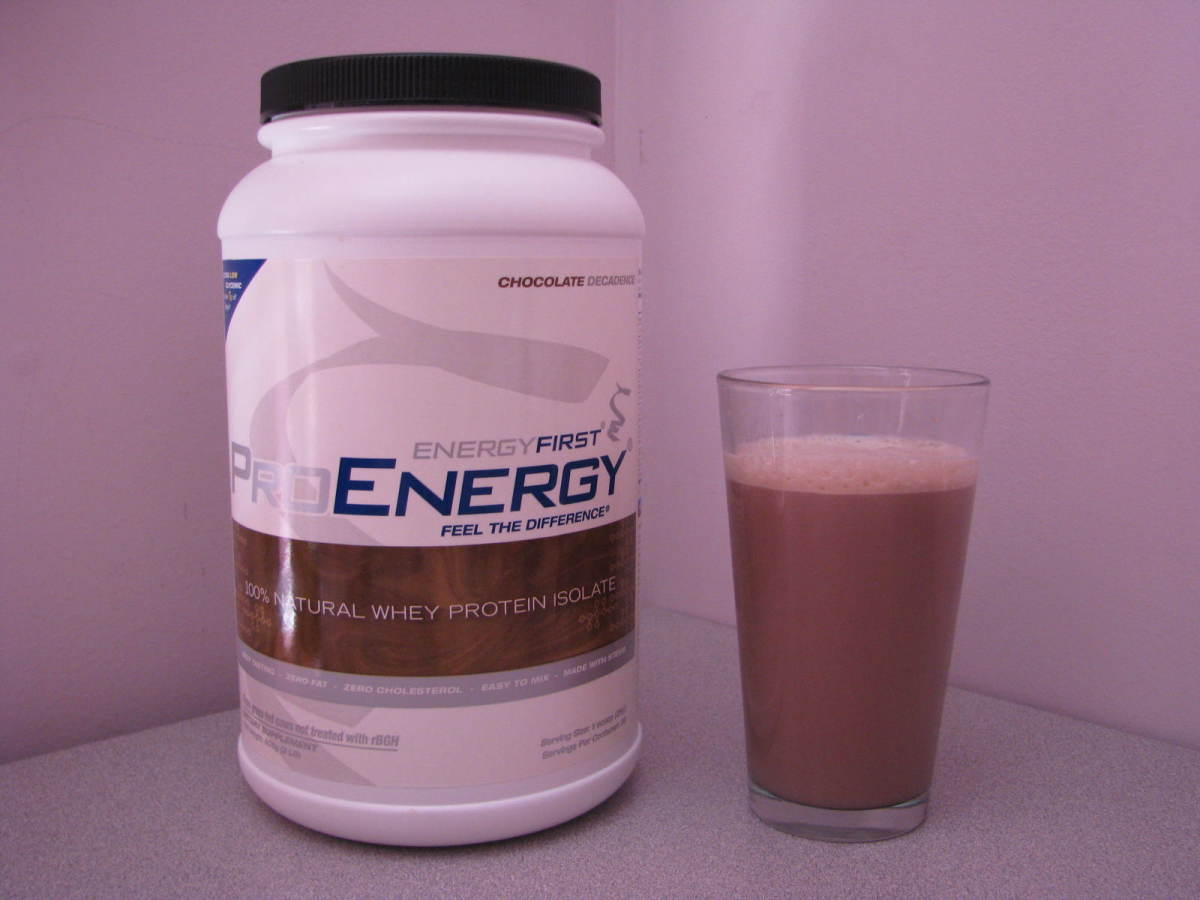HGH: Miracle or Myth
Human Growth Hormone
You’ve probably heard a lot in the news lately about HGH, or maybe you’ve read about it in magazines or newspapers. Some manufacturers make a lot of claims about the product, practically guaranteeing that it will help you shed pounds easily, have more energy, and/or increase muscle mass. Some claim it's an anti aging supplement that will help turn back the hands of time. So what is this stuff, anyway? And why all the hoopla?
HGH stands for human growth hormone. It’s an amino acid protein hormone that’s naturally produced by our bodies, in the pituitary gland. HGH is responsible for making us grow taller. It stimulates cells in organs, muscles, and bones, making them grow longer. Human growth hormone has other functions, too. It makes bones stronger, it decreases fat, it increases muscle mass, it helps control blood glucose, and it strengthens the immune system. It also has the ability to improve the elasticity of the skin.
The problem is that additional HGH isn't really meant for adults, unless the adult has a problem maintaining normal levels of the hormone. Conditions like pituitary gland tumors can cause such conditions. Otherwise healthy adults might not benefit at all from HGH supplements, especially when they're the over-the-counter version. Yes, the "real McCoy" can be obtained with a prescription from a physician, but for the most part, these are restricted to children and adults who have pituitary disorders.
HGH Studies
In a 1990 issue of the New England Journal of Medicine, a study was revealed about HGH’s effect on age. Men over 60 who were treated with the drug experienced an increase in lean body mass and bone mineral. Another study, conducted by the Stanford University School of Medicine showed that elderly subjects treated with human growth hormone gained almost one pound of muscle and lost about a pound of fat.
According to the Mayo Clinic, there simply haven't been enough in-depth studies on the effects and benefits of human growth hormone administered to adults with normal levels of HGH. And while some findings do suggest a small increase in muscle tissue, there's no correlating evidence of increased strength. What's the use of having extra muscle if it doesn't make you stronger?
HGH Dangers and Side Effects
Some of these possible benefits sound great, right? Well, that’s a lot of expense and trouble to go to in an effort to lose a pound of fat and to gain less than a pound of muscle. So why not just increase the dosage? Because of possible HGH dangers and unwanted side effects - that's why.
Too much human growth hormone is a bad thing. It can cause swelling of the joints, joint pain, widespread pain in the muscles, an increased risk of diabetes, edema, high blood pressure, and carpal tunnel syndrome. In addition, excess amounts of HGH have possibly been linked to prostate cancer, Hodgkin’s Disease, heart disease, and to colon cancer. High levels of human growth hormone can also increase the size of the mammary glands in men. Is it really worth the risk of developing all these problems in order to lose just a pound or two of unwanted weight?
To Take or Not To Take
The benefits of taking HGH as an anti aging supplement are highly controversial. Many experts agree that human growth hormone definitely has health benefits, per the scientific studies. But the subjects in the studies were given very large amounts of the hormone – perhaps thousands of times more than you’d find in a supplemental pill. Injections can deliver large amounts of HGH, but these must be prescribed by a doctor, and they’re very expensive. Also, most physicians will not prescribe human growth hormone as an anti aging supplement because of the possible negative side effects.
On the other hand, thousands of users have taken HGH as part of their anti-aging and weight loss supplements therapy and report excellent results. Subjects report increased muscle, fat loss, lower blood pressure, and more energy. The most popular form of supplemental HGH is the oral pill. It's easy to take, and it's easy to obtain.
Below are the available forms of HGH:
Oral supplements: This is generally accepted as the best way to take HGH. The pills are easy to swallow, affordable, and supposedly effective. Because the HGH in pills is time released in the digestive tract, absorption is said to occur throughout the day to ensure a consistent level of the hormone.
Injections: HGH injections are available by prescription. Most doctors will not prescribe the drug unless you are still growing and exhibit a deficiency in HGH. Also, the shots are very expensive and can cost well over $2,000 a month.
Oral spray: Oral HGH sprays are typically reported by supplement users as not being effective. Very little of the hormone is absorbed via the tongue or mouth.
So…should you take HGH? I recommend discussing it with your doctor. Make sure he knows your medical history first. Also, if you're planning on taking over-the-counter HGH supplements, tell him the amount you're planning on taking each day. Ask him if it's safe for you, and find out whether he belives the supplement will provide any health benefits. If he gives you the green light, he might want to closely monitor your health via blood work and other tests. In any case, please follow your doctor's advice. I report – you decide!
Read more about health, diet, and supplements:
- Should You Be Taking Niacin?
Several months ago, my doctor suggested I start taking niacin. My LDL cholesterol the bad cholesterol was fine, but my HDL cholesterol, the good cholesterol, was too low. I discovered that...
